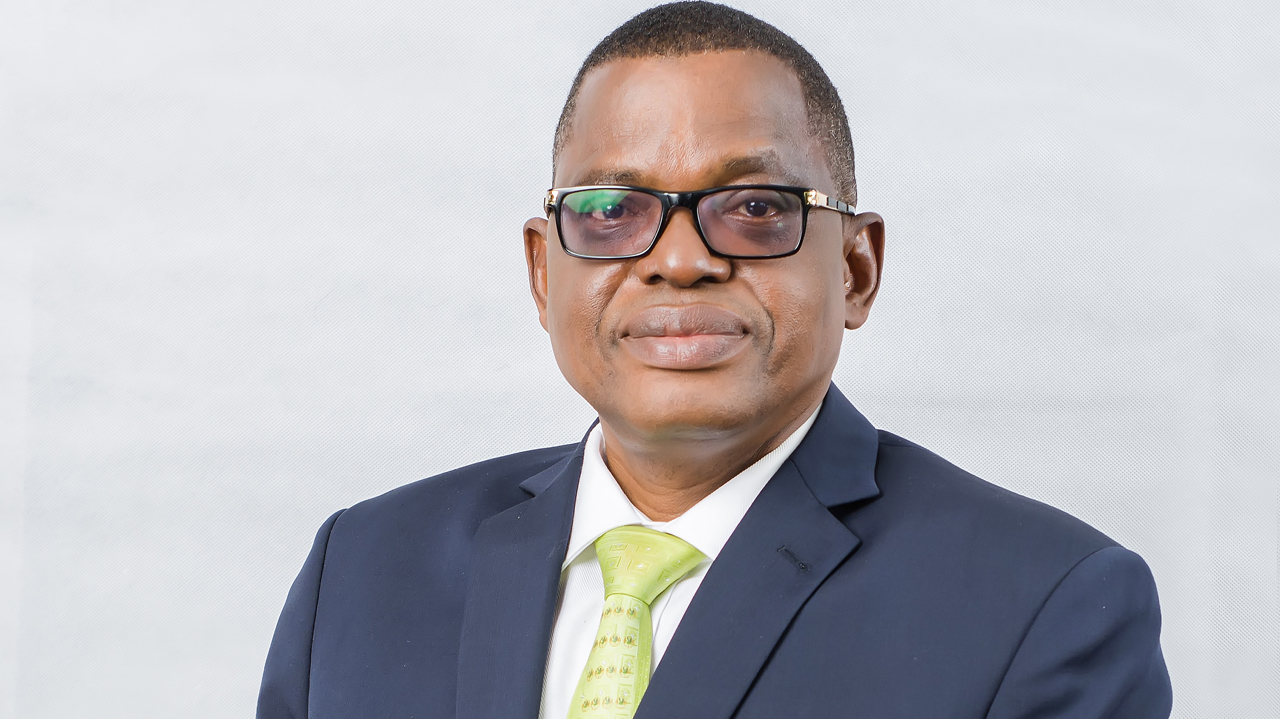
What is the theme of this year’s event and what informed the choice?
First, the Annual LAPO Development forum was initiated in 1994, about 26 years ago to address issues that have implications for the wellbeing of Nigerians at the bottom end of the society. This 26th edition is with the theme: The Nigerian Healthcare Situation: The Way Forward. The outcome of LAPO Health ‘s 3-year- cancer Project implemented in five states will also be discussed.
What is the relevance of the theme to the economic and social development of the country?
Our commitment to health care is in the realization that poor health is a major factor in poverty in addition to material deprivation and social exclusion. For the individual, poor health constraints realization of economic potentials, and for a nation it could drain resources, which could have been applied to other national needs. For this reason, LAPO is committed to improving the health status of ordinary Nigerians. This year’s Forum shall address the challenge of the constrained access to health care by Nigerians.
What role has LAPO played in the past to better a lot of the country?
Lift Above Poverty Organization was initiated in the late 1980s, mainly as non-governmental response to the increasing level of poverty as a result of the introduction of the Structural Adjustment Programme, a programme which had as its central components; devaluation of the naira; rationalization of workforce in the public sector, removal of subsidy and liberalization of export. The cumulative effect of these was the rise in the level of poverty in severity and spread. LAPO was therefore designed to address the. LAPO’s contributions to national development could be seen in the following spheres.
LAPO Microfinance Bank led what could be seen as the microfinance revolution in Nigeria. Prior to the rise of microfinance, poor Nigerians did not have access to institutional credit. LAPO Microfinance Bank has over the years provided a range of financial services to millions of Nigerians urban and rural community across the country. The LAPO System currently employs 9,654 Nigerians on a full-time basis. LAPO Health was an active actor in the fight against HIV/AIDS. We organized infected women in rural communities into support groups within which we provided loans and nutrition support. Come November 1, LAPO shall be commissioning a multi-billion medical and diagnostic centre in Benin City, which will also serve as an institutional platform for our rural medical outreach programmes.
How would you rate the involvement of the private sector in economic transformation initiatives?
It is that simple and straight forward; private sector actors are the prime movers of economic transformation in any modern economy. Obviously the government sets the agenda and provides enabling the environment.
What is the role of LAPO in microfinance and rural development in the country and what more can be done?
LAPO Microfinance Bank is known as one of the pioneers of microfinance in Nigeria and indeed on the continent. It is more or less a pathfinder in the sector. Over thirty years, first, as a non-profit, LAPO has defined the practice and provided support for the various initiatives developed in the microfinance sector.
For example, my contribution to the formulation of the Nigerian microfinance policy and regulatory framework is widely acknowledged. So also, is my contribution to efforts at capacity development in the sector. LAPO Microfinance Bank’s footprint across the country, especially in rural areas, is extensive and firm. I feel that much can be achieved with microfinance.
Microfinance institutions are close to the people and they apply flexible processes, which are responsive to the peculiar features of low-income people and their micro-enterprises. A major intervention required is the existence of viable refinancing institutions, that is, institutions that could provide microfinance banks with cheap funds from which they can make cheaper loans to their clients. The Bank of Industry and Development Bank of Nigeria are doing their best in this regard, but dedicated refinancing institutions for microfinance are urgently needed.
In the last one-year how has LAPO addressed the challenges of poverty, poor health and social exclusion in Nigeria?
LAPO has continued to deliver on its mandate of addressing poverty with access to finance; improving health and social empowerment. For instance, lending institutions within the LAPO System delivered N147billion as loans to its clients across the country in 2018. And N162 billion is targeted this year. LAPO Health is commissioning a facility, which consists of hospital and diagnostic centre in Benin City on November 1.
What is your advise to the government in the eradication of poverty among Nigerians?
Liberalisation of access to affordable finance if you like to call it, financial inclusion. Intensify focus on support for micro, small and medium enterprises. Nigerians even the poor, are exceptionally enterprising and are capable of working themselves out of poverty if given adequate support.
What is the importance of the 26th forum?
It will provide an opportunity to address a critical issue, that is, health care in the poverty equation.
Who is the target audience?
As with previous editions of the Annual LAPO Development Forum, participants will be drawn from various segments of the society. This time, stakeholders in the health sector will be adequately represented at the event slated for today at the National Conference centre, Abuja.
What would be the take-home for the participants?
We expect a number of options on how to collectively enhance access to quality health care especially for the ordinary Nigerians will emerge at the Forum.



